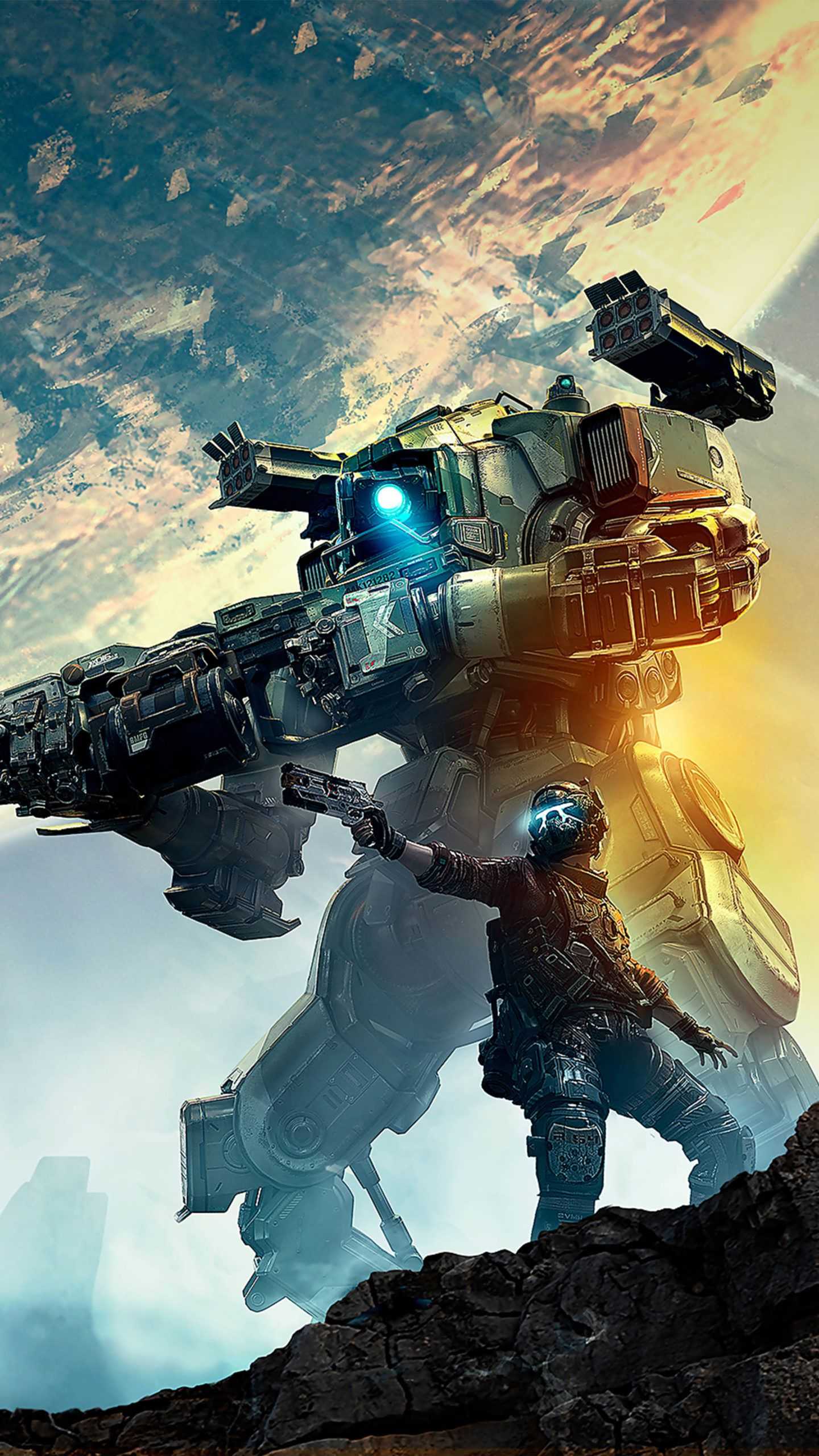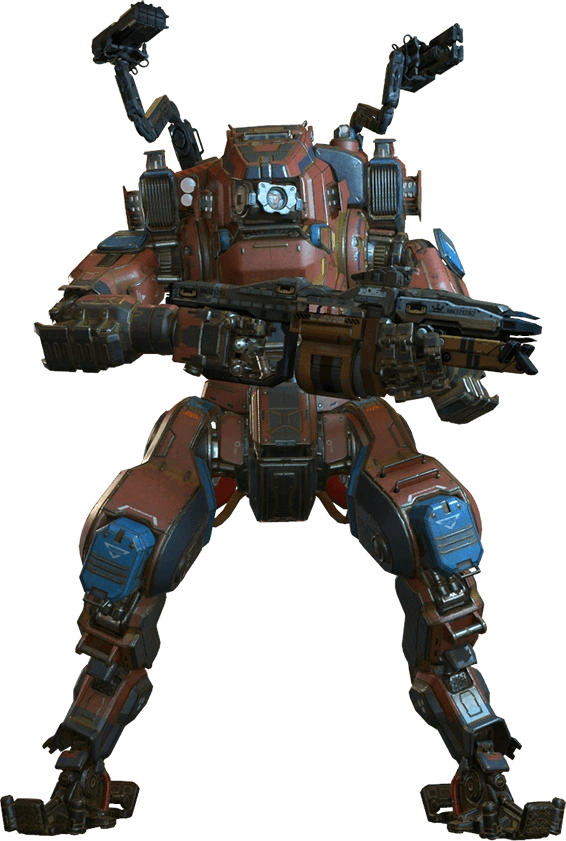Can the Titanfall series reclaim its former glory? Despite being a groundbreaking first-person shooter that redefined multiplayer gaming with its unique blend of wall-running mechanics, mecha combat, and fast-paced action, the franchise has faced numerous challenges. A bold statement must be made: Titanfall's potential remains untapped, and its legacy continues to inspire gamers worldwide.
Titanfall initially burst onto the scene in 2014, developed by Respawn Entertainment and published by Electronic Arts. The game introduced players to a war-torn outer space colony where pilots and their mech-style Titans clashed in high-stakes battles. Its sequel, Titanfall 2, expanded on this foundation with an engaging single-player campaign and refined multiplayer mechanics. However, the series has since encountered setbacks, including the cancellation of a promising extraction shooter project codenamed R7. These developments have left fans questioning the future of one of gaming's most innovative franchises.
| Game Title | Titanfall Series |
|---|---|
| Developer | Respawn Entertainment |
| Publisher | Electronic Arts |
| Release Dates | Titanfall (2014), Titanfall 2 (2016) |
| Platforms | PC, PlayStation 4, Xbox One |
| Key Features | Wall-running mechanics, Titan combat, Smart Pistol weapon |
| Notable Cancelled Projects | R7 Extraction Shooter |
| Official Reference | EA Official Site |
The original Titanfall revolutionized the first-person shooter genre with its emphasis on verticality and speed. Players could traverse environments using parkour-like movements, while summoning massive Titans to dominate the battlefield. This innovative approach set it apart from traditional shooters, offering a fresh experience that captivated audiences. However, despite critical acclaim, the game struggled to gain widespread popularity due to limited marketing efforts and server issues that affected player retention.
Titanfall 2 addressed many of these concerns by introducing a compelling single-player campaign that showcased the bond between pilot Jack Cooper and his AI-powered Titan BT-7274. The story-driven mode provided depth to the franchise's universe while enhancing gameplay mechanics through new titans, weapons, and customization options. Unfortunately, the timing of its release coincided with major titles like Battlefield 1 and Call of Duty: Infinite Warfare, overshadowing its impact on the gaming landscape.
Despite these challenges, the Titanfall series has maintained a dedicated fanbase that appreciates its unique gameplay elements. The community actively participates in discussions about potential future projects, expressing hope for a revival of the franchise. However, recent events have dampened these expectations. In addition to the cancellation of R7, Respawn Entertainment has shifted focus towards other successful ventures such as Apex Legends, leaving Titanfall's future uncertain.
For those interested in experiencing the Titanfall universe, both games are now available on Steam at discounted prices. Titanfall 2, in particular, offers exceptional value with an 85% reduction, making it accessible to new players who wish to explore its world. Joining EA Play provides instant access to the game along with additional benefits, including discounts and exclusive content.
While the fate of the Titanfall series remains unclear, its influence on the gaming industry is undeniable. The franchise paved the way for innovative mechanics that continue to inspire developers today. Fans eagerly await any news regarding future projects, hoping that the series will once again rise to prominence. Until then, existing titles offer a glimpse into what made Titanfall so special, preserving its legacy for generations to come.
Beyond the core gameplay experience, Titanfall's impact extends to its cultural significance within the gaming community. The series introduced concepts such as the Smart Pistol, a weapon capable of tracking and eliminating targets with precision, and wall-running mechanics that allowed players unprecedented freedom of movement. These innovations not only enhanced gameplay but also influenced other titles in the genre, demonstrating the lasting impression Titanfall has left on the industry.
As technology advances and gaming evolves, there remains potential for the Titanfall series to adapt and thrive in new formats. Virtual reality experiences or cooperative gameplay modes could breathe new life into the franchise, appealing to modern audiences while maintaining its core identity. Furthermore, collaborations with popular franchises or integration into existing platforms like Apex Legends might provide opportunities for expansion without compromising the essence of Titanfall.
In conclusion, the Titanfall series represents a pivotal moment in gaming history characterized by innovation and ambition. Though its journey has been fraught with challenges, its contributions to the industry cannot be overlooked. As fans anxiously await updates regarding future developments, they can revisit the existing titles to appreciate the craftsmanship and creativity that defined this remarkable franchise. The question remains whether Titanfall will reclaim its rightful place among gaming legends, but one thing is certain – its impact endures.



